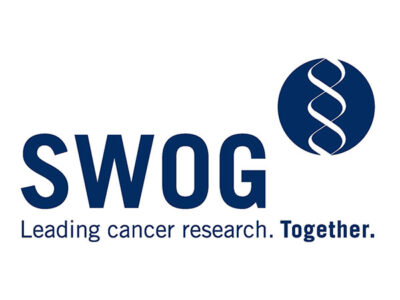Cancer immunotherapy, and in particular immune checkpoint blockade, has transformed oncology with the potential for durable responses even in patients with metastatic disease. To date, regulatory approvals and clinical trials have focused on the study of these agents in relatively more common tumor types, such as melanoma, non-small cell lung cancer, bladder cancer, and kidney cancer, amongst others.
John Edward Porter, a long-time key Congressional appropriator and advocate for biomedical research, received the Research!America Legacy Award at an advocacy awards dinner March 14.
Fifteen years ago, when Ethan Basch started developing measures for aggregating patient-reported outcomes, many of his colleagues in oncology saw no promise in this enterprise.
Researchers are coming to the conclusion that cancer patients are the best authority on how therapies affect them.
FDA has approved a supplemental Biologics License Application updating the Opdivo (nivolumab) dosing schedule to include 480 mg infused every four weeks for a majority of approved indications.
The fight against sexual misconduct in the workplace has transcended Hollywood and become a major issue across industries.
The FDA Oncologic Drugs Advisory Committee March 7 voted to accept the metric of “minimal residual disease,” or MRD, as a basis for approval of a drug for the treatment of acute lymphoblastic leukemia.
Could diet and exercise really cure breast cancer?
Roche's acquisition of Flatiron Health signals the pharmaceutical industry's interest in using real-world data to measure value, said Brigham Hyde, CEO and founder of Precision Health AI, a company that uses artificial intelligence to define cancer datasets for precision oncology.
Roche's purchase of Flatiron Health will accelerate the development of real-world data suitable for supporting regulatory decisions, said Daniel O'Day, CEO of Roche Pharmaceuticals.














